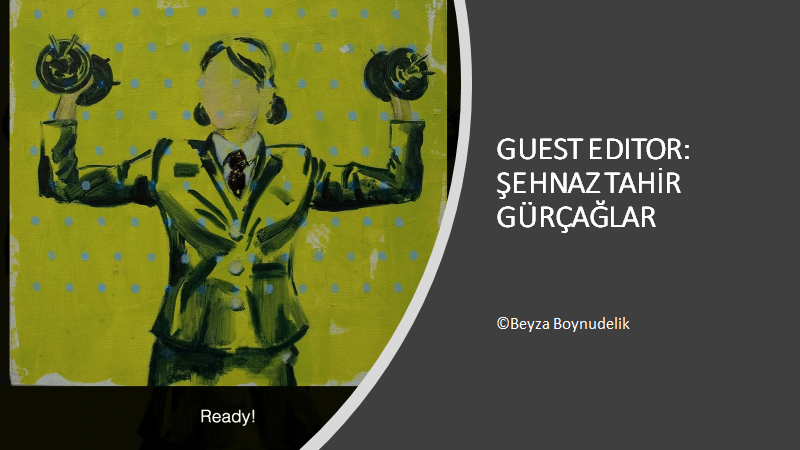The Discourse on the Praxis and Pragmatics of the Qur’an Retranslations in Turkish
DOI:
https://doi.org/10.21992/tc29463Abstract
Retranslations of the Qur’an constitute an intriguing site of research with particular premises governing their production, dissemination and/or reception in Turkey. Its inherently religion-oriented context is accompanied by discussions on the sacred status of the source text, arguments on its untranslatability, translatorial human agency vis-à-vis the Holy creator, acknowledged Arabicity of the source text, etc. In this regard, each new translation of the Qur’an in Turkish is released with a motivation to justify its necessity amid abundant retranslations available in the target repertoire. Various approaches towards the conceptualization and instrumentalization of these Qur’anic translations create a meta-narrative on its own right. This study aims at exploring this particular discourse on the retranslations of the Qur’an with a bi-faceted study design composed of quantitative and qualitative analyses. The quantitative analysis focuses on the numeric changes of Qur’anic retranslations in respective decades, whereas the qualitative analysis concentrates on the statements of the translatorial agents on the motives behind their translational production. By shedding light on the discursive narrative postulated upon these retranslations, it is claimed that social, political, cultural and financial concerns have prevailingly governed the reproductions of this canonical work in Turkey.
Keywords: Qur’an translation, religious-text translation, retranslation, discourse analysis.
Downloads
Published
Issue
Section
License
Authors who publish with this journal agree to the following terms: a.Authors retain copyright and grant the journal right of first publication with the work simultaneously licensed under a Creative Commons Attribution License that allows others to share the work with an acknowledgement of the work's authorship and initial publication in this journal. b.Authors are able to enter into separate, additional contractual arrangements for the non-exclusive distribution of the journal's published version of the work (e.g., post it to an institutional repository or publish it in a book), with an acknowledgement of its initial publication in this journal. c.Authors are permitted and encouraged to post their work online (e.g., in institutional repositories or on their website) prior to and during the submission process, as it can lead to productive exchanges, as well as earlier and greater citation of published work (See The Effect of Open Access).



